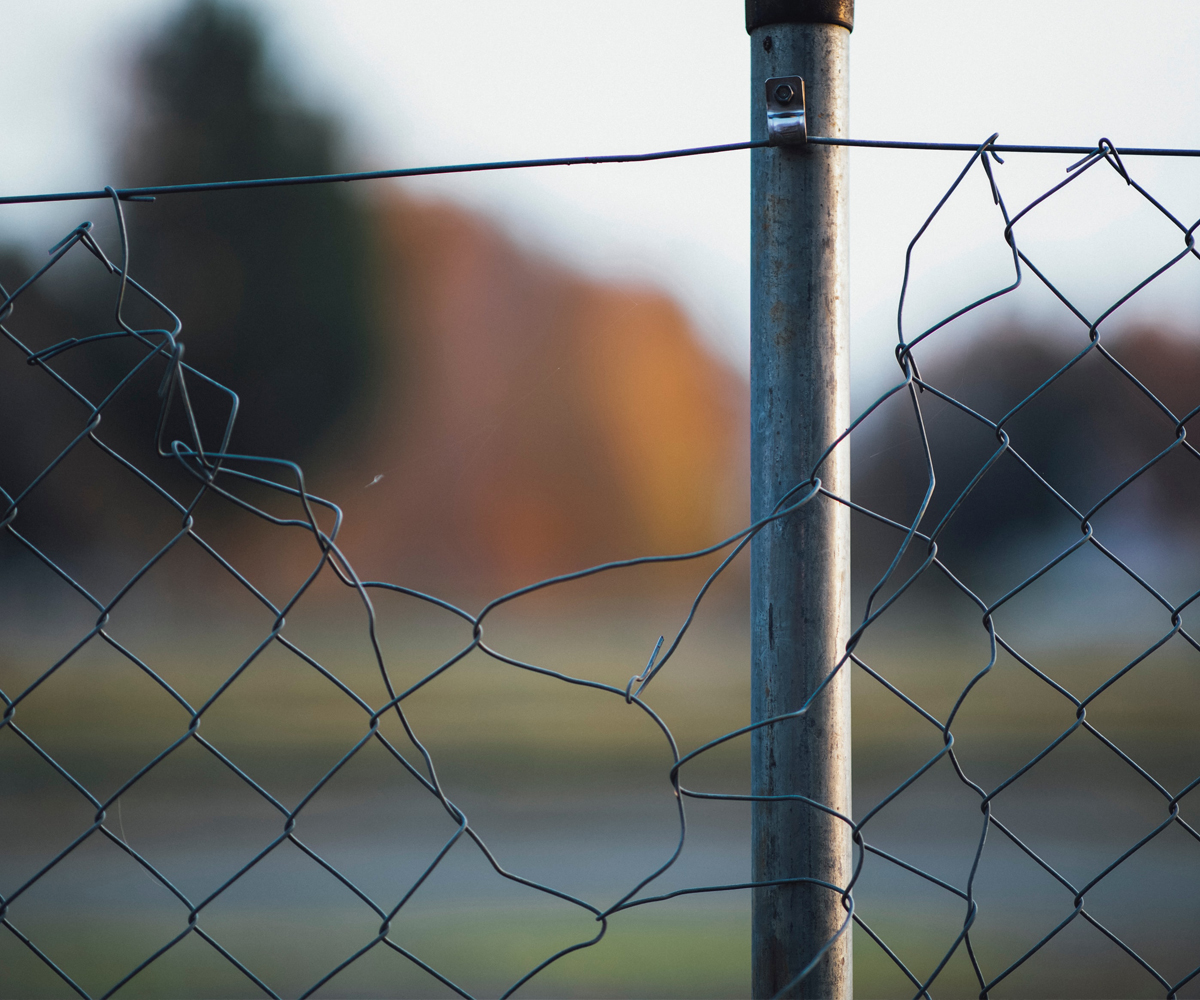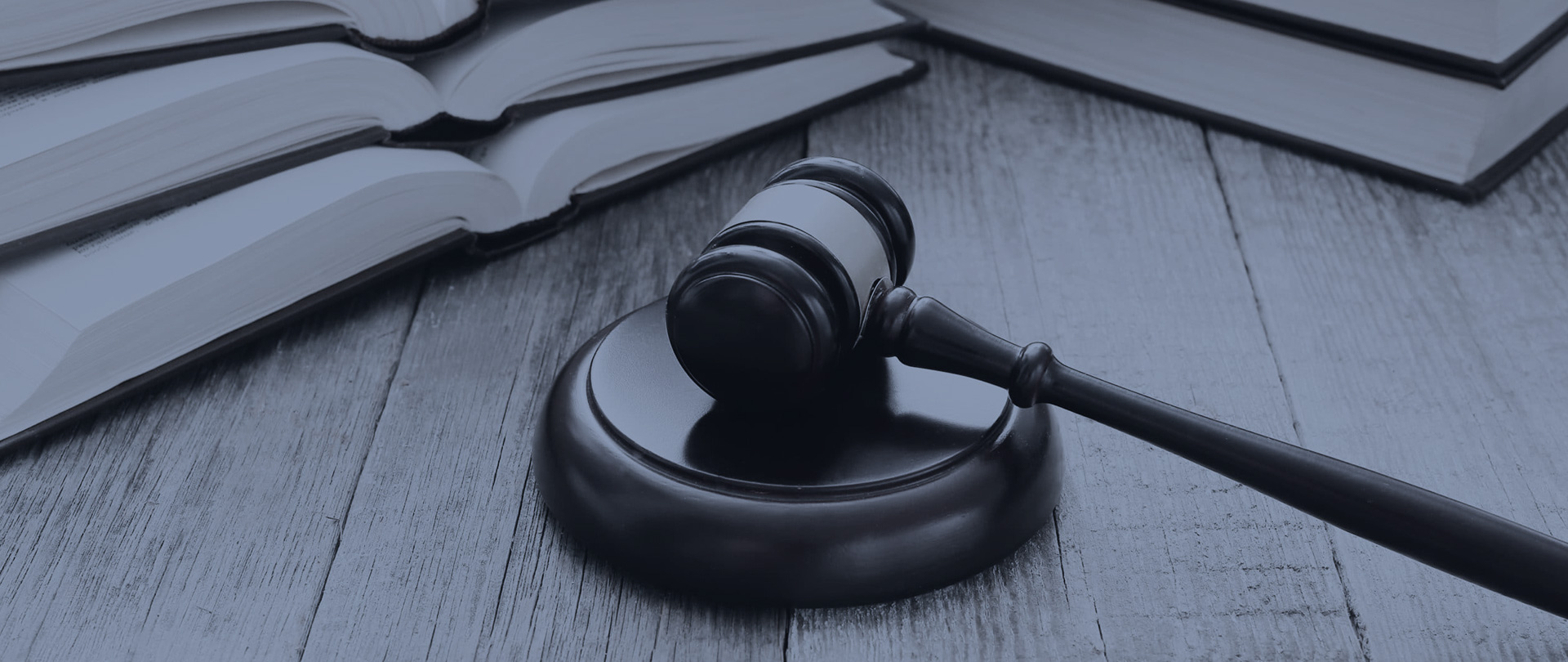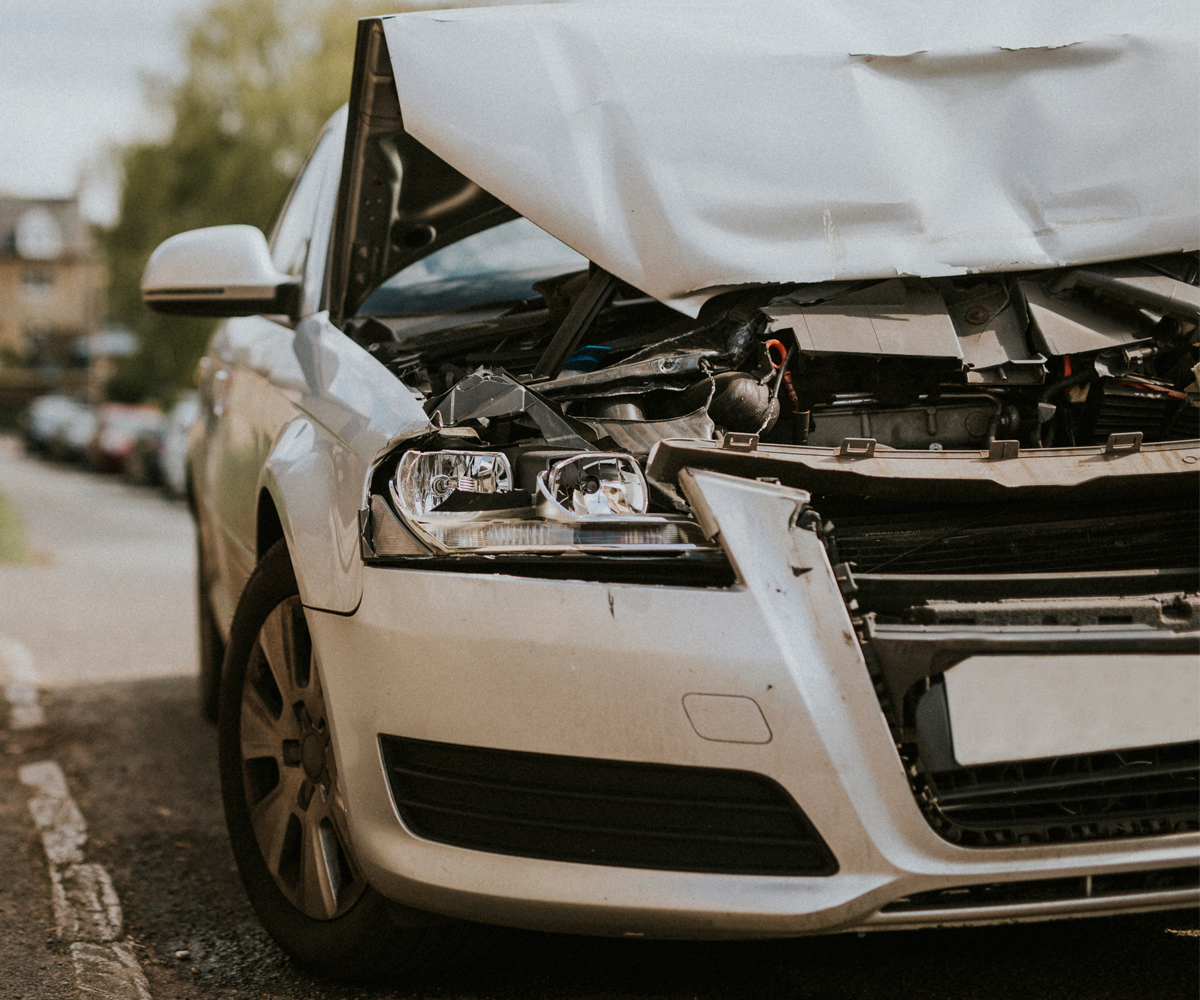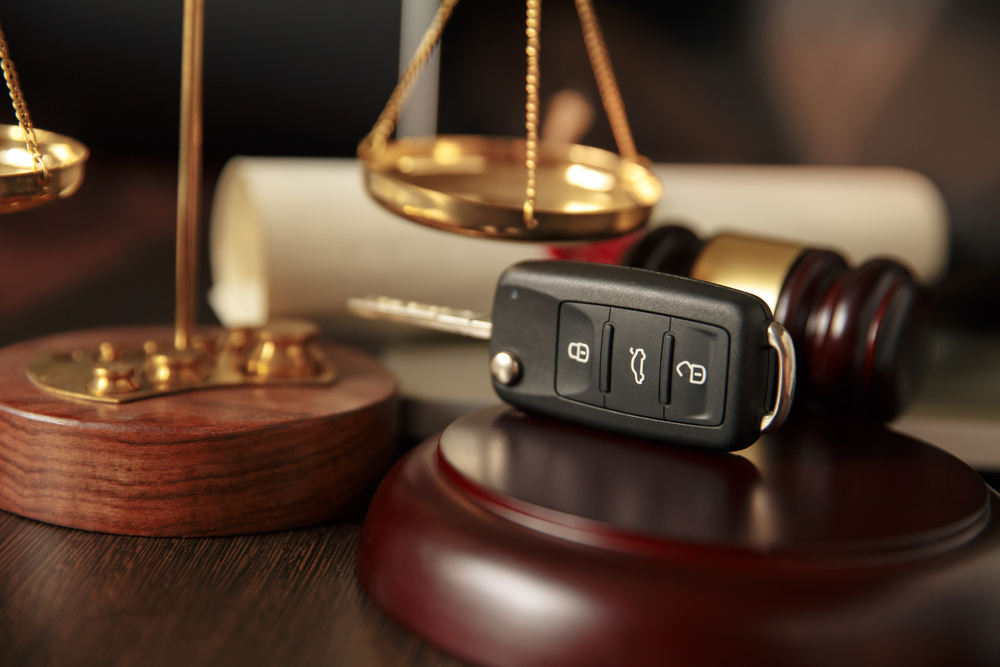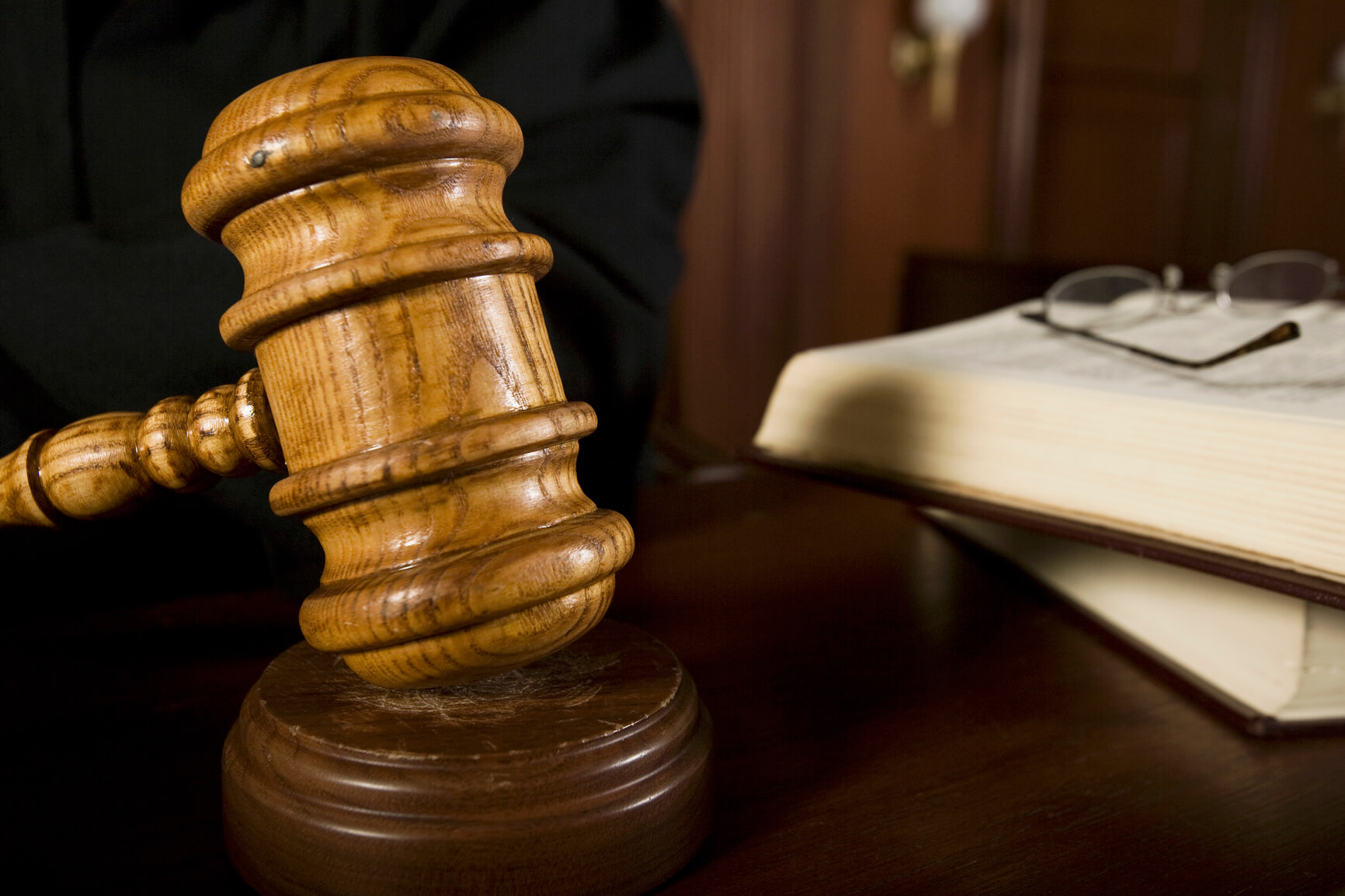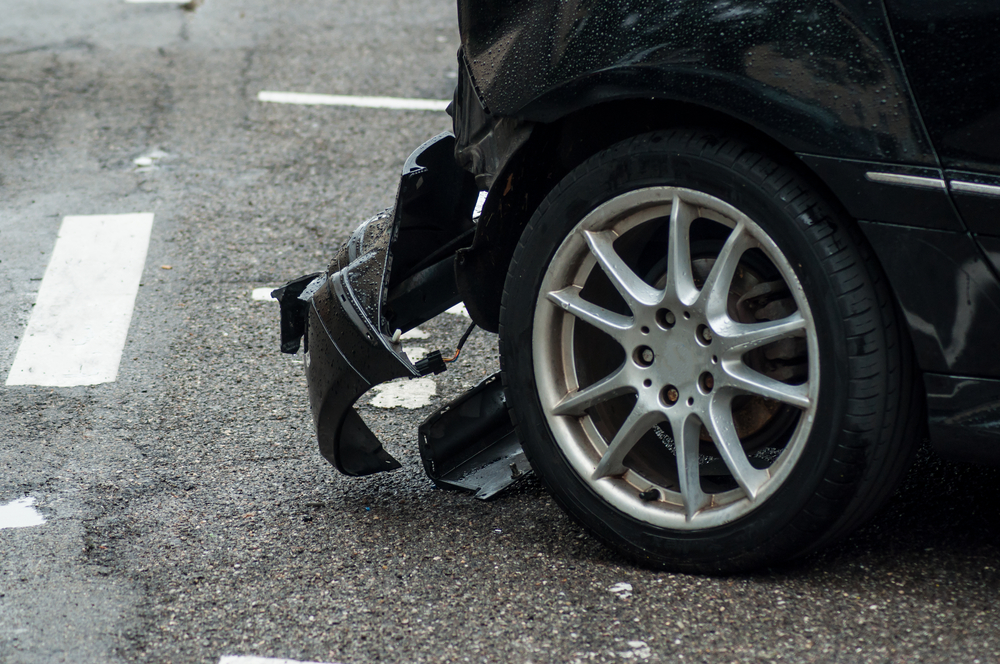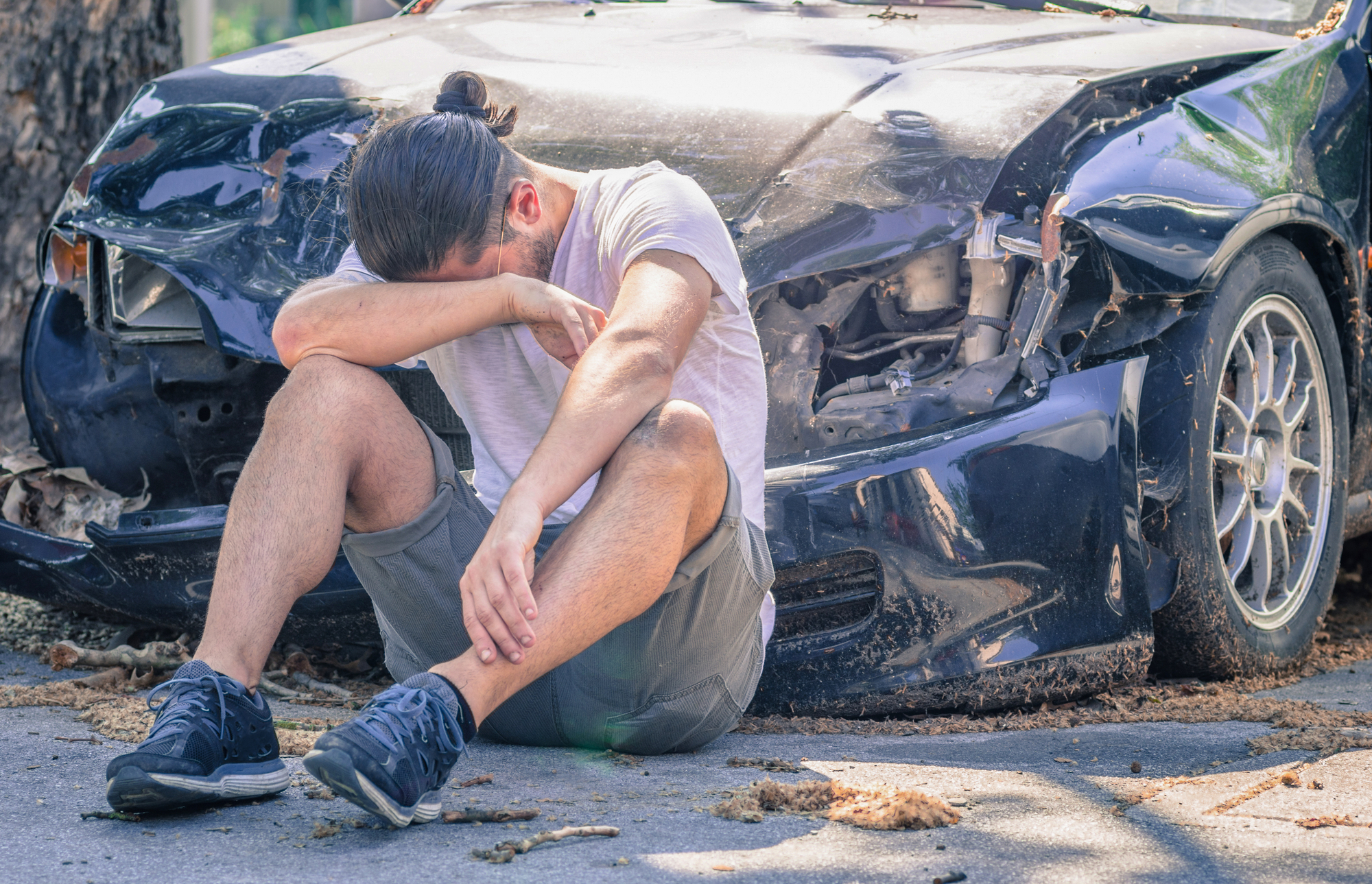In Louisiana, all drivers are required to carry liability insurance on their vehicles. If you are operating a vehicle and are involved in an accident and do not have liability insurance coverage on that vehicle, you are considered uninsured and you will be barred from recovering the first $15,000.00 of bodily injury damage and the first $25,000.00 of property damage under Louisiana’s No Pay No Play statute – even if you are not at fault for the accident.
The No Pay No Play statute applies to the driver of the vehicle. In other words, the passengers can still recover the full amount of their bodily injury damages. However, if the passenger is the owner of the vehicle, No Pay No Play statute will apply to that passenger.
Also, the Louisiana No Pay No Play statute does not apply to out of state drivers.
Keep in mind that the Louisiana No Pay No Play statute does not prevent the uninsured driver from recovering all of their bodily injury or property damages. It only prevents the uninsured driver from recovering the first $15,000.00 of bodily injury damage and the first $25,000.00 of property damage. So, in the event that you are an uninsured driver and are involved in an accident and you are not at fault for the accident, you can recover the amounts above the limitations reflected in the No Pay No Play statute. For example, if your bodily injury damages are valued at $50,000.00, you have the potential to recover $35,000.00 for your bodily injury claim. ($50,000.00 minus $15,000.00 penalty).
The Louisiana No Pay No Play does not apply to the following:
If the at fault driver was in a commission of a felony at the time of the subject accident;
If the at fault driver was cited for operation of a vehicle while intoxicated during the accident and is subsequently convicted of such offense;
The uninsured is parked at the time of the accident; and
The at fault driver flees the scene of the subject accident.
If you’ve been involved in an accident and did not have liability insurance at the time of the accident, you need a Louisiana No Pay No Play lawyer. At Cashio Injury Attorneys, we have handled many uninsured drivers who were injured by someone’s negligence. We can help you overcome the Louisiana No Pay No Play laws and recover the money you deserve. Call the Louisiana Law Lion at 225-402-5466 for immediate help.
Below is the Louisiana No Pay No Play statute:
§866. Compulsory motor vehicle liability security; failure to comply; limitation of damages
(a) The recovery for injury or damages that are otherwise prohibited under this Section.
(b) The defeat of any affirmative defense otherwise allowed under this Section.
(c) The avoidance of liability for court costs otherwise required under this Section.
(2) Reinstatement provisions of a policy during the premium payment grace period specified in the policy shall not be invalidated by the provisions of this Section.
H. The provisions of this Part shall not apply to any vehicle which is legally parked at the time of the accident.
Acts 1997, No. 1476, §4, eff. Sept. 6, 1998; Acts 1999, No. 1085, §1, eff. Jan. 1, 2000; Acts 2003, No. 532, §1; Acts 2008, No. 921, §1, eff. Jan. 1, 2010; Acts 2014, No. 149, §1.
NOTE: See Acts 1997, No. 1476, §5(D)(2). The rate reduction day was the date on which the judgment in the lawsuit became final, May 8, 1998. Sections 2 through 4 became effective 120 days thereafter, Sept. 6, 1998.
(a) The recovery for injury or damages that are otherwise prohibited under this Section.
(b) The defeat of any affirmative defense otherwise allowed under this Section.
(c) The avoidance of liability for court costs otherwise required under this Section.
(2) Reinstatement provisions of a policy during the premium payment grace period specified in the policy shall not be invalidated by the provisions of this Section.
H. The provisions of this Part shall not apply to any vehicle which is legally parked at the time of the accident.
Acts 1997, No. 1476, §4, eff. Sept. 6, 1998; Acts 1999, No. 1085, §1, eff. Jan. 1, 2000; Acts 2003, No. 532, §1; Acts 2008, No. 921, §1, eff. Jan. 1, 2010; Acts 2014, No. 149, §1.
NOTE: See Acts 1997, No. 1476, §5(D)(2). The rate reduction day was the date on which the judgment in the lawsuit became final, May 8, 1998. Sections 2 through 4 became effective 120 days thereafter, Sept. 6, 1998.
A.(1) There shall be no recovery for the first fifteen thousand dollars of bodily injury and no recovery for the first twenty-five thousand dollars of property damage based on any cause or right of action arising out of a motor vehicle accident, for such injury or damages occasioned by an owner or operator of a motor vehicle involved in such accident who fails to own or maintain compulsory motor vehicle liability security.
(2) For purposes of this Section, the meaning of “bodily injury” and “property damage” is governed by the applicable motor vehicle liability insurance policy or, in the event of security other than an insurance policy, the meaning of such terms is that which is commonly ascribed thereto.
(3)(a) The limitation of recovery provisions of this Subsection do not apply if the driver of the other vehicle:
(i) Is cited for a violation of R.S. 14:98 as a result of the accident and is subsequently convicted of or pleads nolo contendere to such offense.
(ii) Intentionally causes the accident.
(iii) Flees from the scene of the accident.
(iv) At the time of the accident, is in furtherance of the commission of a felony offense under the law.
(b) The limitation of recovery provisions of this Subsection do not apply if at the time of the accident, the other vehicle is not being operated and the vehicle is not in violation of the provisions of Chapter 1 of this Title.
B. Each person who is involved in an accident in which the other motor vehicle was not covered by compulsory motor vehicle liability security and who is found to be liable for damages to the owner or operator of the other motor vehicle may assert as an affirmative defense the limitation of recovery provisions of Subsection A of this Section.
C. If the owner of a motor vehicle, who fails to own or maintain compulsory motor vehicle liability security, institutes an action to recover damages in any amount, regardless of whether such owner or operator is at fault, and is awarded an amount equal to or less than the minimum amount of compulsory motor vehicle liability security, then such owner or operator shall be assessed and held liable for all court costs incurred by all parties to the action.
D. Each person who applies for a driver’s license, registers a motor vehicle, or operates or owns a motor vehicle in this state is deemed to have given his consent to be subject to and governed by the provisions of this Section. All persons who apply for the issuance or renewal of a driver’s license, motor vehicle title, or motor vehicle registration shall sign a declaration on a form developed by the Department of Public Safety and Corrections pursuant to rule and regulation that the person acknowledges and gives consent to the requirements and provisions of this Section and that the person will comply with all provisions of this Section and the Motor Vehicle Safety Responsibility Law. Proof of whether the person obtained or signed such declaration is irrelevant to the application of this Section.
E. Nothing in this Section shall preclude a passenger in a vehicle from asserting a claim to recover damages for injury, death, or loss which he occasioned, in whole or in part, by the negligence of another person arising out of the operation or use of a motor vehicle. This Subsection shall not apply to a passenger who is also the owner of the uninsured motor vehicle involved in the accident.
F.(1) Notwithstanding any provision of law to the contrary, no insurer shall lose any rights of subrogation for claims paid under the applicable insurance policy for the recovery of any sum in excess of the first fifteen thousand dollars of bodily injury and the first twenty-five thousand dollars of property damages.
(2) In claims where no suit is filed, the claimant’s insurer shall have all rights to recover any amount paid by the claimant’s insurer on behalf of the insured for the recovery of any sum in excess of the first fifteen thousand dollars of bodily injury and the first twenty-five thousand dollars of property damages.
G.(1) Except for newly acquired vehicles added to a policy subject to the policy terms, the issuance, change, or adjustment of any motor vehicle liability security or insurance policy subsequent to a motor vehicle accident, without proof of coverage having been bound prior to such motor vehicle accident, shall not effectuate any of the following:
(a) The recovery for injury or damages that are otherwise prohibited under this Section.
(b) The defeat of any affirmative defense otherwise allowed under this Section.
(c) The avoidance of liability for court costs otherwise required under this Section.
(2) Reinstatement provisions of a policy during the premium payment grace period specified in the policy shall not be invalidated by the provisions of this Section.
H. The provisions of this Part shall not apply to any vehicle which is legally parked at the time of the accident.
Acts 1997, No. 1476, §4, eff. Sept. 6, 1998; Acts 1999, No. 1085, §1, eff. Jan. 1, 2000; Acts 2003, No. 532, §1; Acts 2008, No. 921, §1, eff. Jan. 1, 2010; Acts 2014, No. 149, §1.
NOTE: See Acts 1997, No. 1476, §5(D)(2). The rate reduction day was the date on which the judgment in the lawsuit became final, May 8, 1998. Sections 2 through 4 became effective 120 days thereafter, Sept. 6, 1998.



